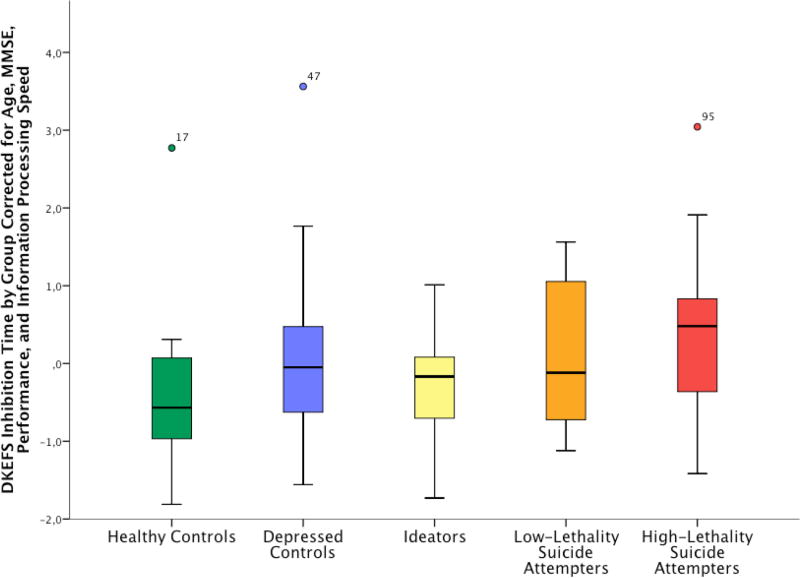Figure 1. DKEFS Inhibition Time by Group Corrected for Age, MMSE, Accuracy and Information Processing Speed.
High-lethality suicide attempters demonstrated a distinct pattern of cognitive inhibition deficits. Compared to psychiatrically healthy control subjects and suicide ideators, high-lethality attempters took longer to complete inhibition trials, even after accounting for potential confounding factors (age, education, MMSE score, information processing speed, and accuracy). Compared to non-suicidal depressed and healthy control subjects, low-lethality suicide attempters committed more uncorrected errors; however, this difference was not specific to the inhibition condition.

